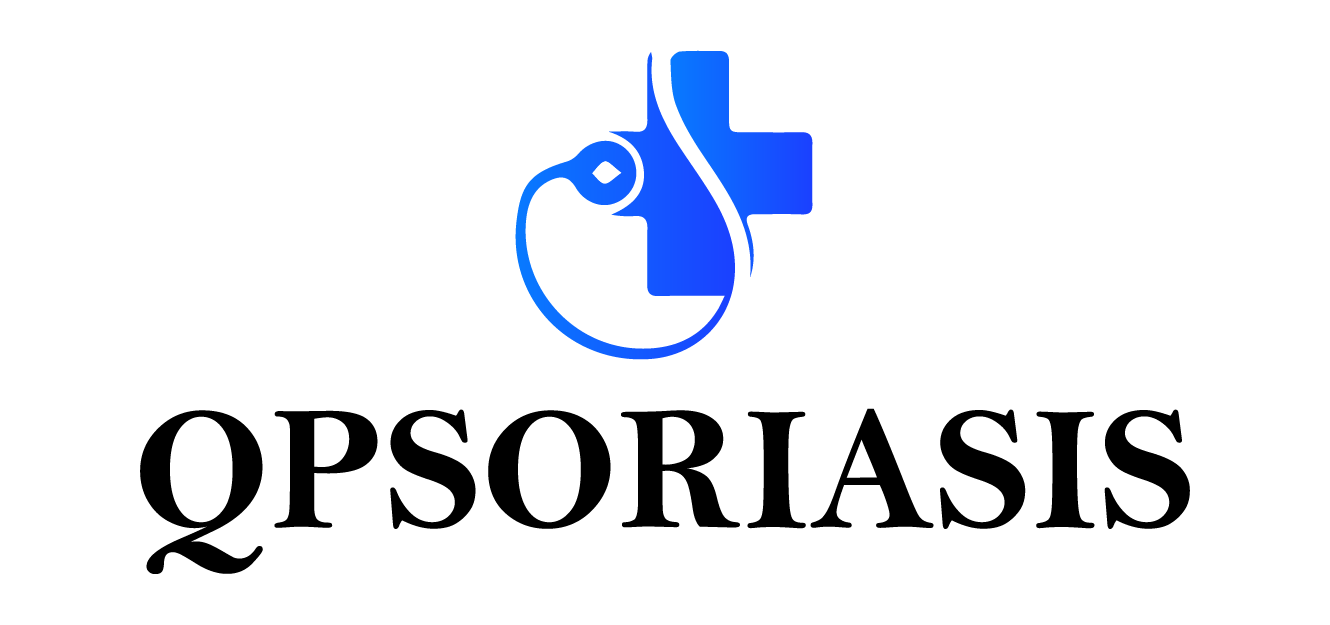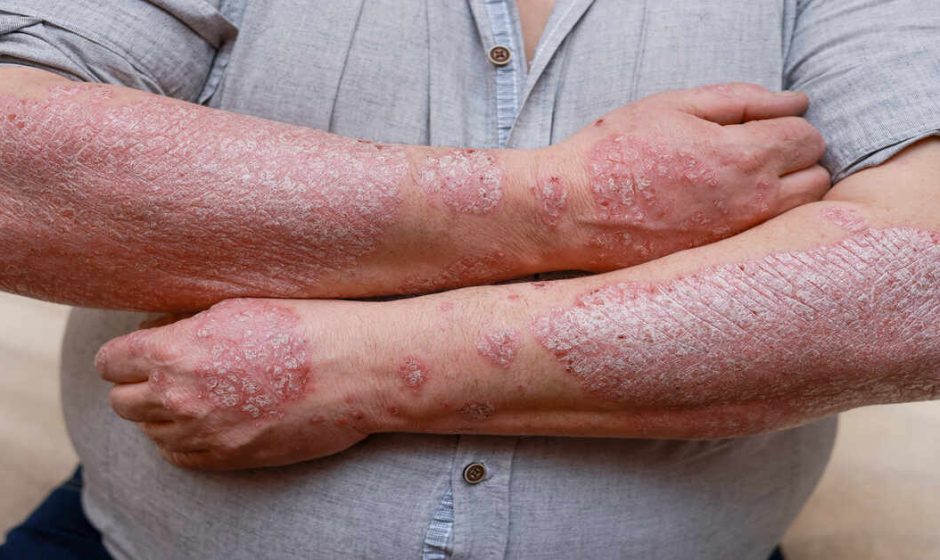Psoriasis is an autoimmune disorder that is long term and results in the accumulation of skin cells at a fast rate, resulting in scaly spots, reddening, and inflammation. Although it is entirely incurable, the frequency of flare-ups and the severity may be reduced drastically with proper management of triggers and introduction of useful strategies. The most important aspect is to learn and manage these triggers to increase the quality of your life and have the symptoms under control.
It is a guide with evidence-based tips that you can use to recognize, minimize, and react to psoriasis stimuli to manage the symptoms.
Understanding Psoriasis Triggers
The triggers of psoriasis are diverse and differ in each individual although they are usually those factors that aggravate the symptoms or cause the flare-ups. Being aware of your unique triggers will enable you to be proactive in the way you prevent triggers.
Common triggers include:
- Stress: Stress, emotional and physical, may accelerate inflammation and cause an exacerbation.
- Infections: Such diseases as strep throat or respiratory infections may trigger an outbreak of psoriasis.
- Change in weather: The cold dry season could dry the skin and worsen the symptoms.
- Skin trauma: Koebner phenomenon may occur with skin injury (cuts, scrapes, bug bites, sunburns, etc.) so that psoriasis appears at the site of the trauma.
- Certain drugs: The beta-blockers, lithium and some anti-inflammatory drugs are known to cause or aggravate psoriasis.
- Life style: Smoking, too much intake of alcohol, and inappropriate diet may influence the severity of psoriasis.
Step 1: Identify Your Triggers
The initial measure in the treatment of psoriasis is to know the causes of your flare-ups. As triggers can be personal and unique, some triggers can be identified by keeping a detailed journal.
Tips for tracking triggers:
- Keep a symptom diary: Note when flare-ups occur, what you were doing, eating, or feeling at the time, and any environmental changes.
- Monitor stress levels: Record moments of high stress and observe their impact on your symptoms.
- Test potential triggers: Gradually reintroduce certain foods or habits to see if they worsen symptoms.
Once you identify your triggers, you can take steps to manage or avoid them.
Step 2: Reduce Exposure to Triggers
After identifying triggers, minimizing or avoiding them is essential for reducing flare-ups.
Stress Management
Psoriasis is triggered by stress which can be managed to enable you to have greater control over the symptoms. Relaxation methods like meditation, deep breathing or yoga should be a part of your everyday routine. Physical exercises are also a good way of reducing stress levels and enhancing general health conditions.
Weather Protection
Protect your skin during cold, dry months by using moisturizers and a humidifier at home. Avoid prolonged sun exposure during the summer, and always wear sunscreen to prevent sunburn, which can trigger flare-ups.
Avoid Skin Trauma
Watch out to avoid such injuries as cuts, scrapes or bug bites. In case of shaving, a sharp razor and a lot of shaving cream usage is recommended to minimize the chances of irritation. Wound care should be performed as soon as possible to prevent the onset of the Koebner phenomenon.
Dietary Adjustments
Although no particular psoriasis diet exists, some foods can exacerbate the symptoms of some patients. As an illustration, processed foods, high-sugar products, and red meat can be the causes of inflammations. Rather, try anti-inflammatory foods such as fruits and vegetables, fatty fish and whole grains.
Limit Alcohol and Quit Smoking
Both alcohol and smoking have been linked to more severe symptoms in people with psoriasis. Reducing alcohol intake or quitting smoking altogether can improve your skin’s condition over time.
Step 3: Respond Effectively to Flare-Ups
Despite your best efforts, flare-ups can still occur. Having a plan in place can help you manage symptoms quickly and effectively.
Moisturize Regularly
During a flare-up, keeping your skin hydrated should be a top priority. Use thick, fragrance-free emollients or ointments to lock in moisture. Applying moisturizers immediately after bathing can help soothe irritation.
Use Medicated Treatments
Topical treatments prescribed by your dermatologist can help calm inflammation and reduce scaling. These may include:
- Corticosteroids to reduce redness and swelling.
- Vitamin D analogs like calcipotriol to slow skin cell growth.
- Coal tar or salicylic acid to reduce scaling.
For moderate to severe psoriasis, systemic treatments such as biologics or oral medications may be necessary. Speak with your healthcare provider about the best options for your condition.
Manage Itching
Psoriasis is usually a very itchy condition and this may be uncomfortable. To cope with this one can employ cooling methods such as cold compresses or over-the-counter antihistamines. Scratching should be avoided because it worsens the symptoms and causes complications such as infections.
Phototherapy
Phototherapy or light therapy is an established treatment of psoriasis, which involves application of controlled doses of ultraviolet (UV) light on the skin. It has the potential of slowing the increase of the skin cells as well as inflammation. Talk to your dermatologist and see whether phototherapy can work with you or not.
When to Seek Medical Help
Home care is necessary to treat the symptoms of psoriasis, but in case the symptoms increase or become more frequent and severe, a dermatologist should be consulted. They are able to review your status, modify your treatment regimen, and prescribe new high-tech interventions such as biologics or combination therapy.
Also, in case of any symptoms of psoriatic arthritis (joint pain or joint stiffness), consult a doctor as soon as possible. Long-lasting damage of joints can be prevented by early treatment.
Final Thoughts
The control of psoriasis triggers is the main element of decreasing relapses and always keeping the skin healthy. With the help of matching your triggers, avoiding exposure, and reacting to the states, you will be able to have control of your condition and live a better life.It is important to remember that psoriasis management is a process and it should be consistent. Together with your healthcare provider, create an individualized strategy that will support your personal needs and challenges. Psoriasis can be managed with the help of appropriate strategies, and one can continue to live a normal life.



